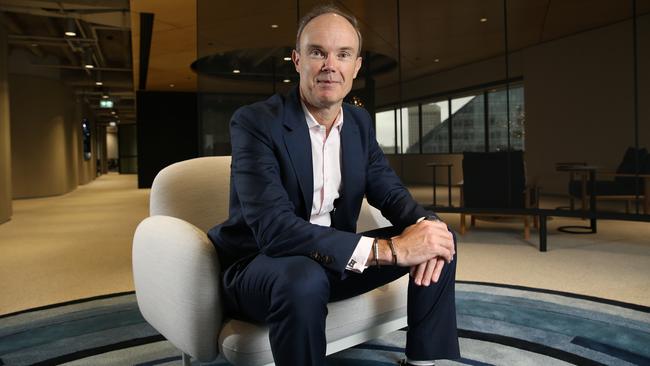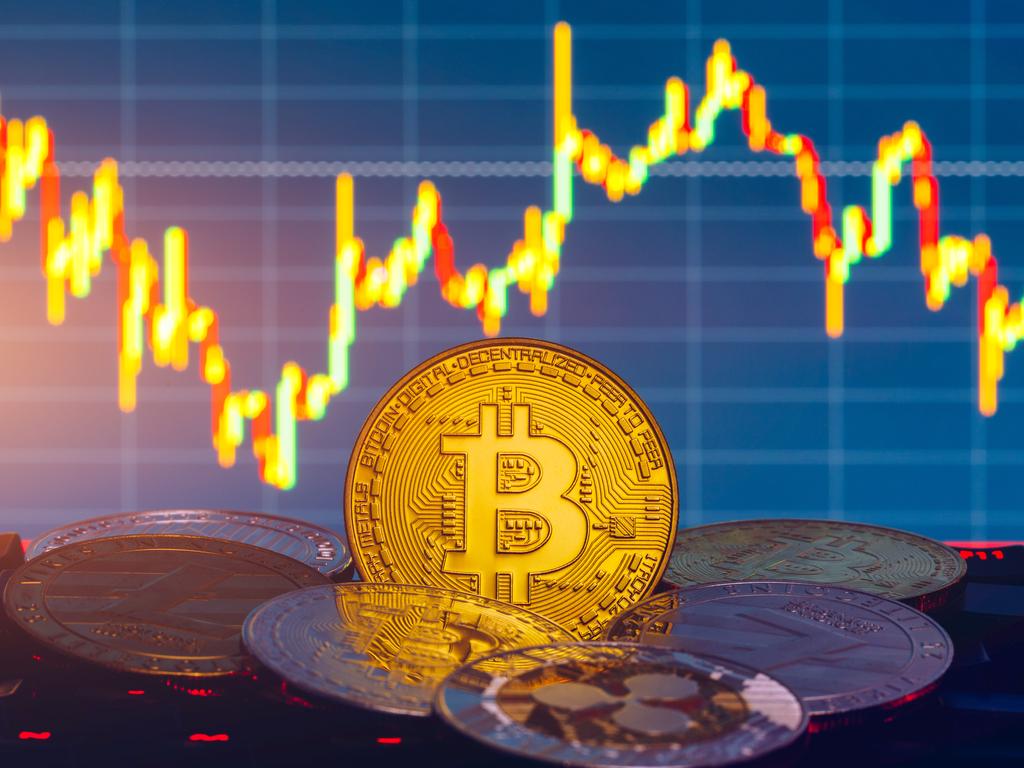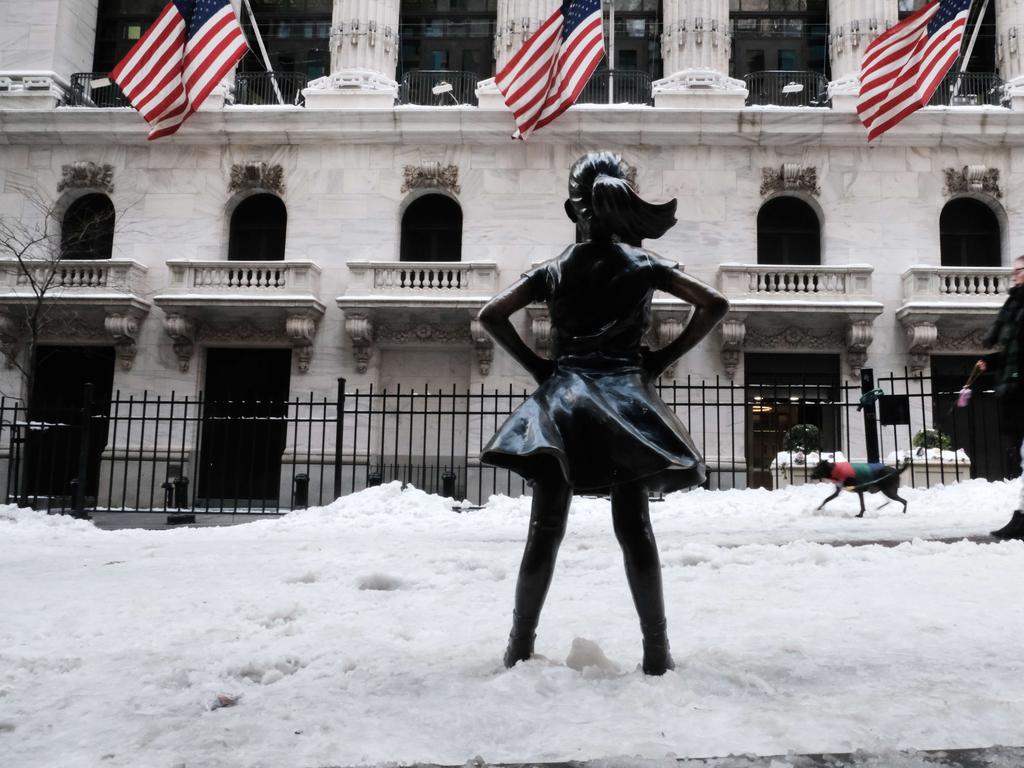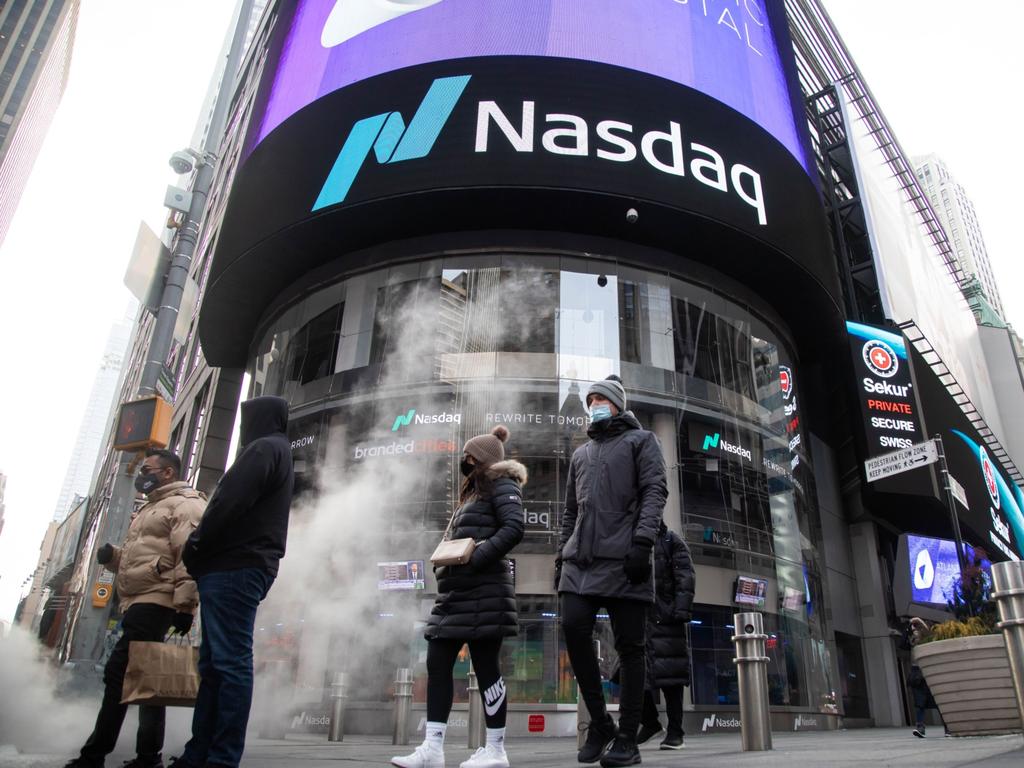Rising inflation could be game changer, says Magellan’s Hamish Douglass
Hamish Douglass cautions against overreliance on relative return funds, saying investors should prepare for flat to negative market returns as interest rates rise.

Hamish Douglass cautions against overreliance on relative return funds.
In his view, investors should prepare for flat to negative market returns as interest rates rise.
The chairman, chief investment officer and co-founder of Magellan Financial Group says returns have been boosted by falling interest rates in the past three decades, yet rates are starting to rise as inflation takes off, potentially causing a rollercoaster ride for the sharemarket.
While the sharemarket has returned about 8 per cent per year for the past 30 years, “there have been points in history when markets have delivered, for 15 years, zero rates of return,” he says.
Speaking at the Morningstar Investment Conference, Douglass says that if his funds beat the market by 2 per cent per annum over 15 years but the markets did zero, he’d be “very unhappy”,
Since inception in 2007, Magellan’s flagship Global Fund has delivered a 12 per cent annual return before fees, exceeding its target of 9 per cent per annum by 3 percentage points.
More recently the Global Fund has been left behind by a roaring bull market following unprecedented monetary and fiscal stimulus in the wake of the Covid-19 pandemic.
But with the Fed flagging the end of QE and the start of interest rate hikes from March, the S&P 500 lost 5.3 per cent last month, its worst month since the start of the bull market in March 2020.
Magellan’s share price fell 7.5 per cent on Thursday as the second-biggest holding of the Global Fund, Meta Platforms, dived 23 per cent in after-hours trading on a disappointing quarterly report.
Douglass says even if the market return was zero over an extended period of time, unless Magellan achieved its target return of 9 per cent “we don’t think we’ve done our job because people don’t retire at 2 per cent per annum, even if it’s beating the markets over time”.
He cautions that falling interest rates have been exaggerating equity returns for 30 years.
“I think equity returns from markets are going to be lower than they’ve been in the past.”
Douglass says the additional 4 per cent return per annum of the fund over its benchmark since inception has generated an additional 67 per cent on money invested with Magellan.
“So the absolute return you earn over time is incredibly important and we’ve managed to do it with materially lower drawdown risk than the markets, and people, you know, get very caught up with this concept of relative or absolute returns,” he says.
As for the recent correction in shares he says it would “normally be a buying opportunity”.
The S&P 500 fell 12 per cent and the Nasdaq 100 fell 19 per cent from their record highs.
He points to the recent 20 per cent fall and rebound in Netflix as an example of the “rollercoaster” the market is going through, but says investors should “switch off that sort of day-to-day noise.”
“So when the sharemarkets go down 5 per cent, do I think we’ve lost anyone any money?
“No … we still own exactly the same assets, with the same prospects, the day before they fell.”
On the macro landscape, he warns that “measured on any realistic basis, the valuation of equities relative to economic output is the highest it’s been in 100 years, and it has jumped very materially with stimulus in the last 18 months.”
“So not relative to current earnings – because earnings are elevated at the moment – but compared to the total output of economies, we are off the charts in equity market valuations,” he says.
“And normally that will put a little question mark in your head but we’ve also got to the end of the stimulus cycle, and we’re about to go into a stimulus tightening, and then we’ve got this threat of inflation out there.”
While in the last 15 years when there were corrections “every single time the central banks have come in and rescued the story by printing more money”, now there’s inflation with interest rates near zero, so “the game’s up to some extent in what the central banks can do”.
“So the ambulances that have saved us every single time … we’re potentially in a market environment where equities are very, very expensive relative to economic output.
“We’ve got speculative assets at the front end starting to unwind themselves, which is normally a bit of a warning sign, and we’ve got the threat of inflation and tightening monetary policy.”
“And we’re ex-stimulus now with excess savings in the system, but we’re ex-stimulus in the system. Don’t get overconfident that it’s always going to be rescued.
“So I do think the situation is different, that the game book is different.
“If we get into trouble, it could be much uglier this time. There are few things a central bank can do in an inflationary environment to rescue the situation.”
Asked how far the market could fall in a “game’s up” scenario, Douglass says that while 30 per cent would be a “good result” he would “probably put the market 50 per cent (down)”.
“And I’m being serious about that … we’re going into a series of tightening monetary policy and I would say fairly modest tightening of monetary policy, and that is a significant headwind for equity markets where they are but the game-up scenario is the inflation issue here.
“If it’s persistent … the US Federal Reserve later this year has to start tightening monetary policy, materially faster than just sort of a normalisation to stop persistent inflation. I really think we could be in a world of pain if that was to happen.”








To join the conversation, please log in. Don't have an account? Register
Join the conversation, you are commenting as Logout